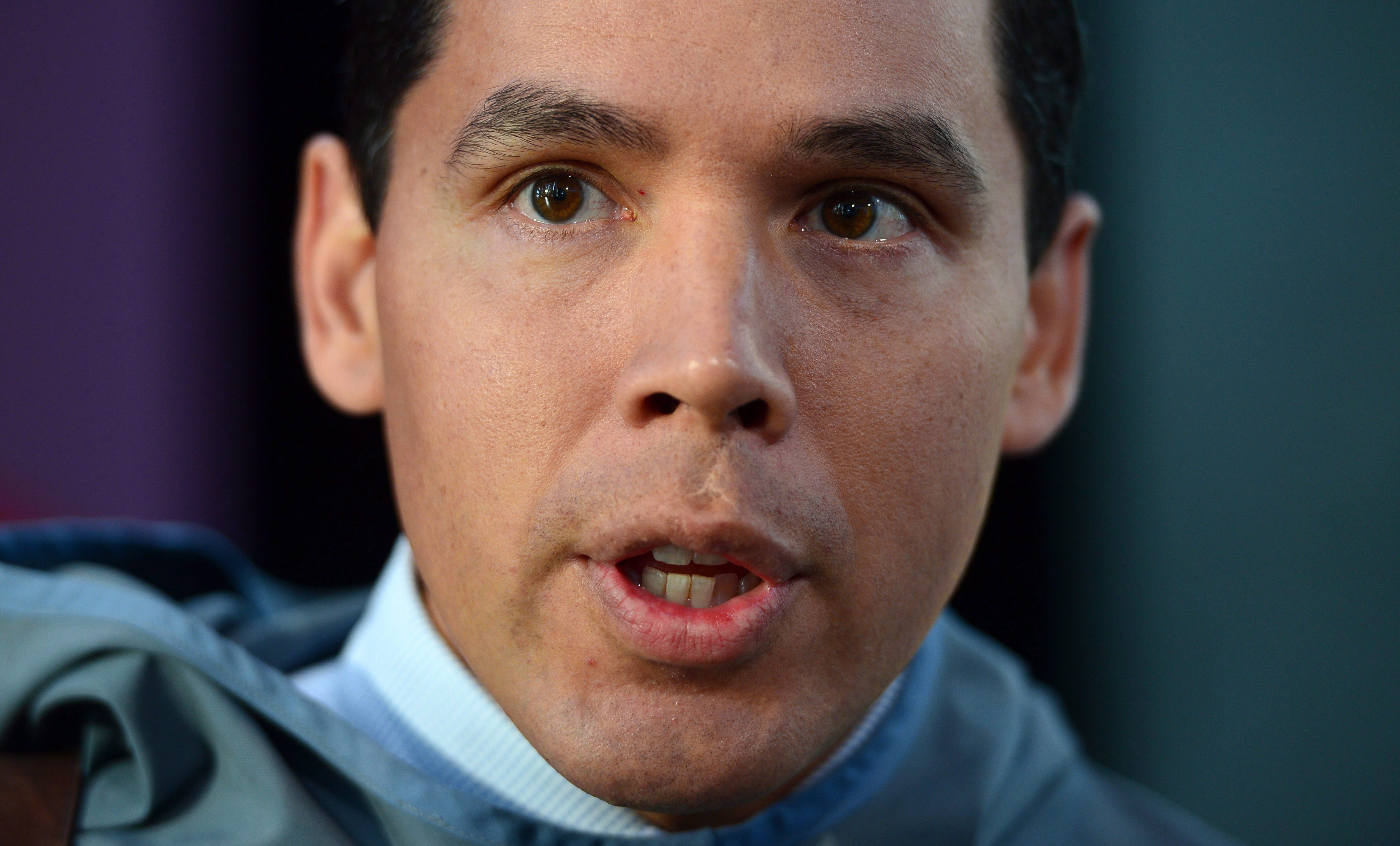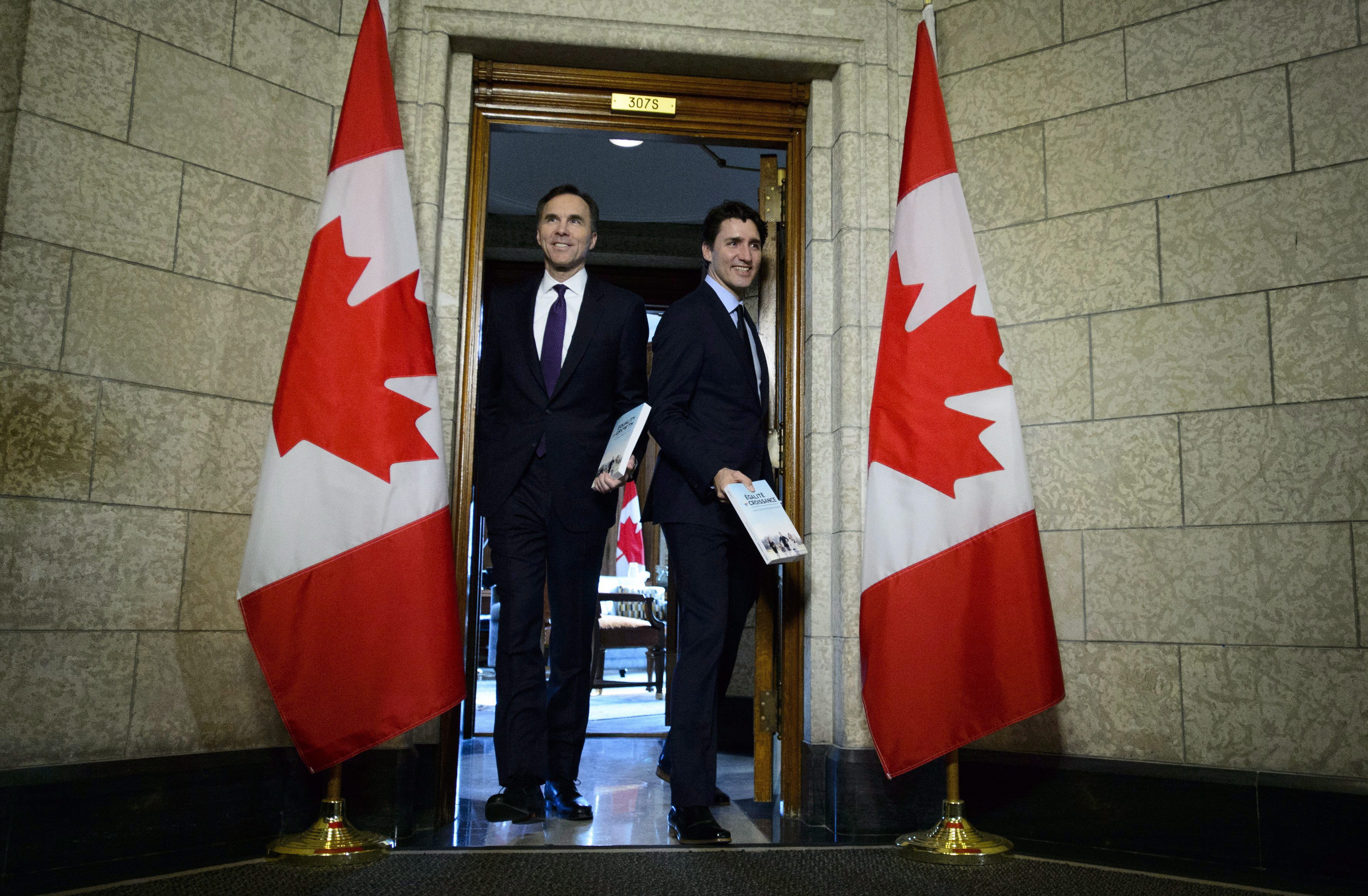Canadian budget “step in the right direction” says national Inuit organization

Canada’s national Inuit organization is calling Tuesday’s federal budget “encouraging and constructive” even if it doesn’t completely level the playing field between Inuit and other people in the country.
“While Inuit recognize these Budget commitments are not adequate to close the gap between Inuit and other Canadians, we recognize this budget represents a step in the right direction,”
Housing, health get top investments
Canadian Finance Minister Bill Morneau announced several Inuit-specific investments when he delivered the budget in the Canadian House of Commons Tuesday evening.
- $400 million over 10 years towards Inuit-led housing plans in Nunavik, the Inuit region of northern Quebec, Nunatsiavut, the Inuit region of the Atlantic Canadian province of Newfoundland and Labrador, and the Inuvialuit Settlement Region, an Inuit region in Canada’s Northwest Territories and neighbouring Yukon territory.
- $161.2 million over five years, and $32.6 million per year ongoing, for the Inuit stream of Indigenous Skills and Employment Training Program, a program that focuses on training for what it describes as “higher-quality, better-paying jobs rather than rapid re-employment.”
- $82 million over 10 years, with $6 million per year ongoing, for the co-creation of a permanent Inuit Health Survey. The investment will allow Inuit communities to develop and collect survey information and set the research agenda in their regions and communities.
- $27.5 million over five years to eliminate tuberculosis in Canada’s Inuit regions, including through support of ITK’s Inuit-specific approach to tuberculosis elimination. The budget underlined that the reported rate of active tuberculosis for Inuit in 2015 was over 270 times higher than the rate among Canadian-born, non-Indigenous populations.

Importance of Inuit led projects
ITK president Natan Obed said Inuit are the experts when it comes to the needs of their specific communities and that the budget announcements highlighted the importance of bilateral cooperation between Inuit and the government
“I am hopeful that the proposed allocations directly to Inuit, especially in the area of housing, become an established precedent for future budgets,” Obed said in a news release on Tuesday. “This approach, which enhances the efficiency and impact of federal funding allocations, must also be adopted and implemented by provincial and territorial governments.”
Mental health supports lacking
However, ITK said mental health investments for Canada’s Inuit were still lacking and needed to be addressed urgently.
“ITK looks forward to working with Canada to address gaps in this budget, such as mental health services and supports, as well as measures to eliminate gender-based violence among Inuit,” the organization said.
Write to Eilís Quinn at eilis.quinn(at)cbc.ca
Related stories from around the North:
Canada: Canada announces $175 million investment in Arctic waters protection, Eye on the Arctic
Denmark: Faroe Islands cashing in on Russian sanctions, The Independent Barents Observer
Finland: An optimistic picture for Finland’s economy in 2018, Yle News
Iceland: Norwegians and Icelanders let Alaskans in on the secrets to economic prosperity, Alaska Dispatch News
Norway: Peace and stability crucial for Arctic economy, The Independent Barents Observer
Russia: 2017, a year of ups and downs for Russian Arctic oil, The Independent Barents Observer
Sweden: EU gives financial push to battery factory in Northern Sweden, The Independent Barents Observer
United States: 5 ways Trump’s budget could pinch Alaska, Alaska Public Radio Network



